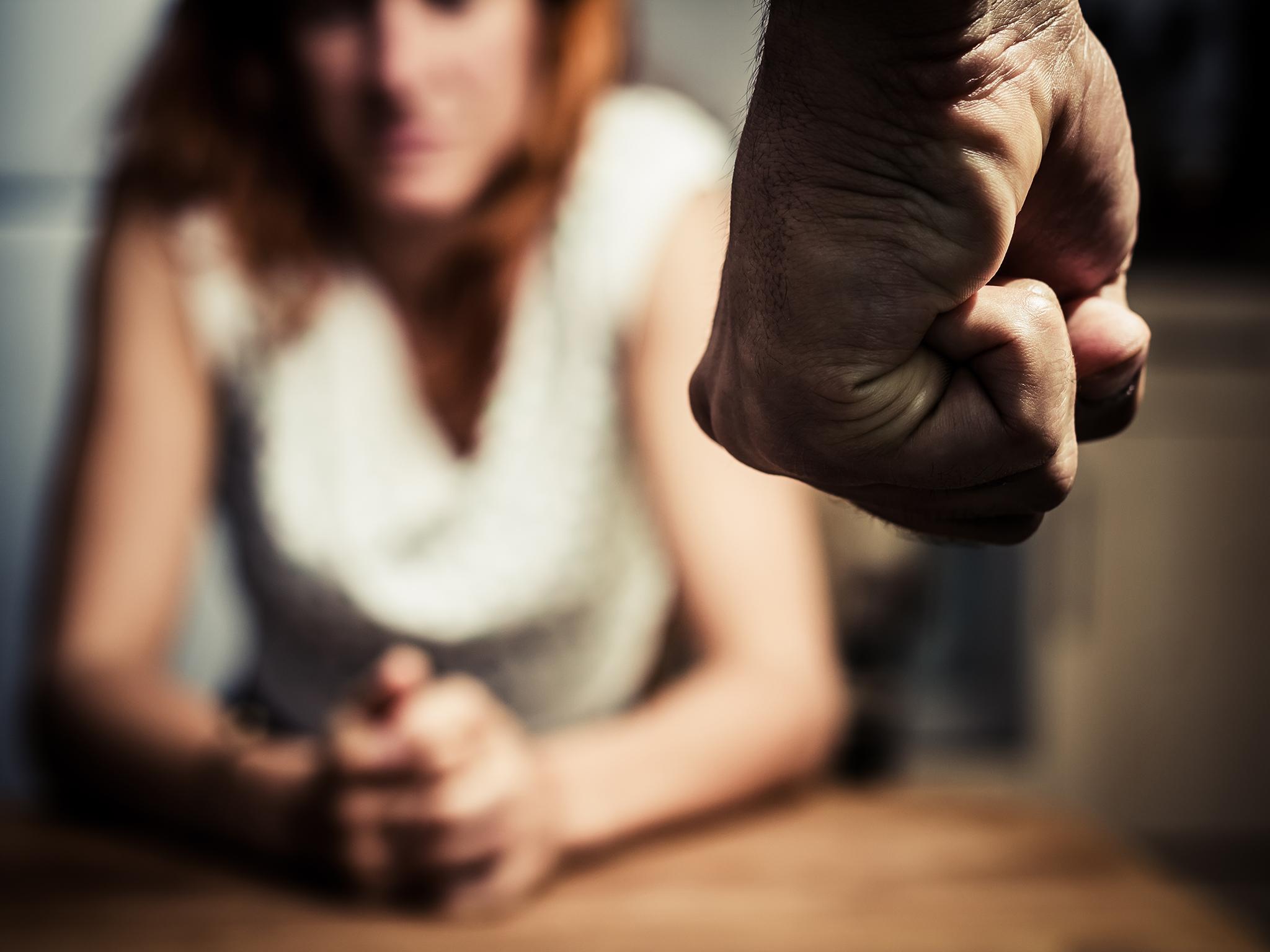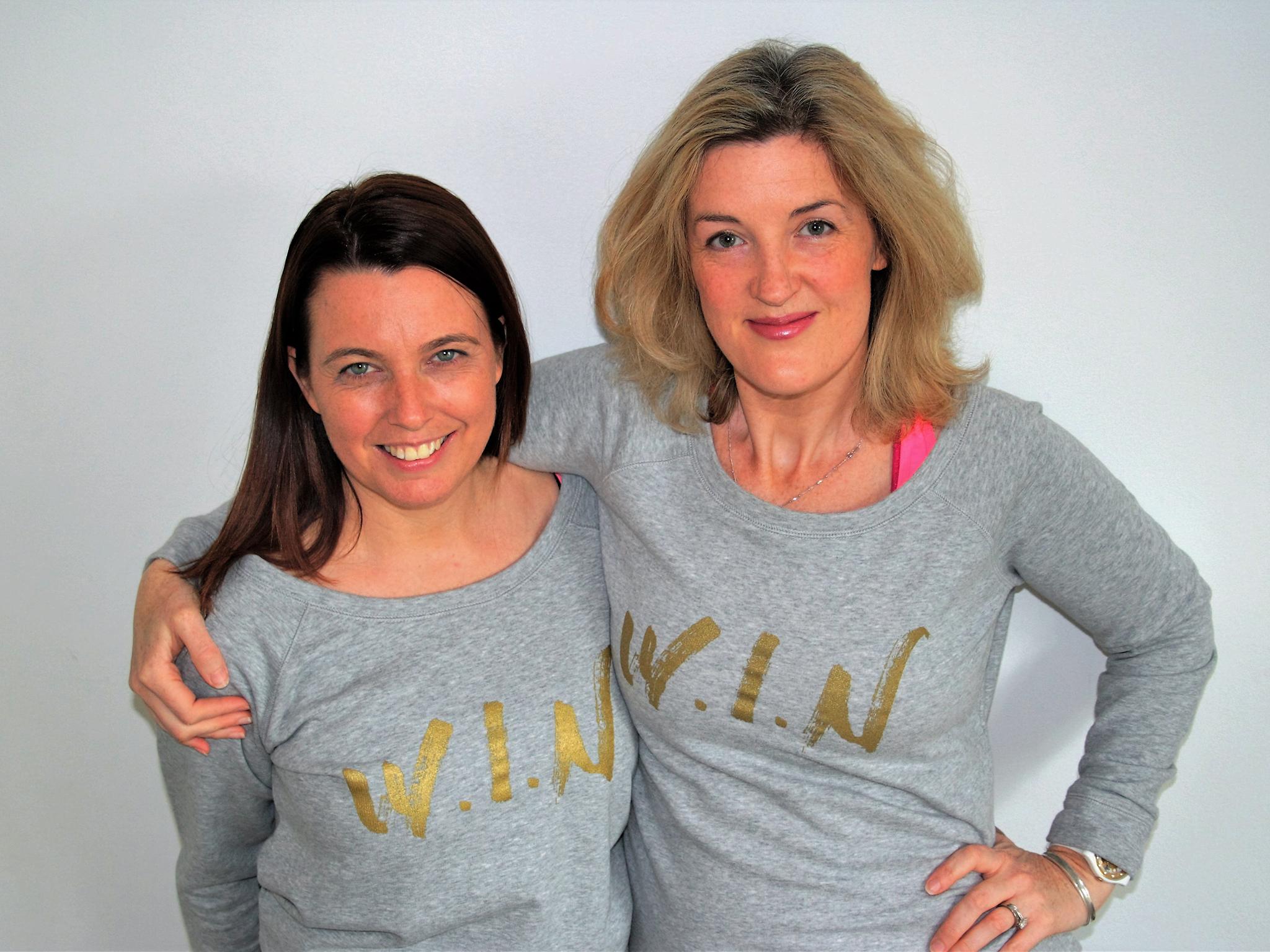Women in Need: The domestic abuse victim who is using fashion to help families like hers
'Fashion is a powerful tool'

Your support helps us to tell the story
From reproductive rights to climate change to Big Tech, The Independent is on the ground when the story is developing. Whether it's investigating the financials of Elon Musk's pro-Trump PAC or producing our latest documentary, 'The A Word', which shines a light on the American women fighting for reproductive rights, we know how important it is to parse out the facts from the messaging.
At such a critical moment in US history, we need reporters on the ground. Your donation allows us to keep sending journalists to speak to both sides of the story.
The Independent is trusted by Americans across the entire political spectrum. And unlike many other quality news outlets, we choose not to lock Americans out of our reporting and analysis with paywalls. We believe quality journalism should be available to everyone, paid for by those who can afford it.
Your support makes all the difference.“One of my earliest memories is waking hearing my mum screaming. I was three,” says Christina Harvey.
“I remember getting up and her husband, not my dad, picking me up and putting me back to bed. I'm sure this happened many times but the last time I remember going in he had my mum pinned to the ground with a knife at her throat,” Harvey, the co-founder of Women In Need, a fashion label fundraising for refuges for women and children in London, tells The Independent.
“That's the first time I ever remember being really scared and screaming for him to stop. I think we left shortly after,” adds the 41-year-old from Glasgow. Her mother had no choice but to flee her abuser, but due to the unfit social care system they were plunged into poverty.
“We moved to a refuge with virtually nothing. No toys and no clothes. I always remember my mum telling me not to get dirty, as she couldn’t wash my clothes. We had a room and the lock didn't work. I think my mum had to place furniture in front of the door to keep us safe or at least I remember her moving furniture about a lot.”
A shared bathroom with broken lock which she had to guard while her mum quickly had a bath is another of Harvey’s childhood memories. And having to eat her dinner in their small room because there weren’t any cooking facilities. And how unclean their new home was.
“I don't remember meeting any other kids and it was noisy and scary, especially at night. My mum has seven siblings and growing up I did wonder why we didn't stay with them or her mum, but I suppose we had to be somewhere where he couldn't get her, and that would have been the safest place to be.”
Harvey isn’t certain how long she lived in the refuge. Eventually, she moved in with her grandmother until her mother married another man, and forged a safe, happy relationship.
“I'm sure I did understand the situation I was in otherwise I'd have forgotten about it by now, as it’s not something that was openly discussed throughout my childhood,” she adds. Harvey experienced the crumbling state of women’s refuges many decades ago, but the infrastructure in place to help those feeling domestic violence is still far from sufficient.
One if four women in England and Wales will experience domestic violence in their lifetimes. But squeezed budgets have forced boroughs in London to cut funding for services helping women suffering from abuse by an average of 38 per cent since 2010, while Sunderland is in danger of becoming the first city in the UK without a domestic abuse service.
Saddened by the state of provisions for women who have been abused, Harvey was inspired to start the clothing brand Women In Need after she donated her son’s pram to women’s aid charity Hestia. But she soon learned that the organisation had to reject donations because they didn’t have sufficient space to store them. So she and a friend set up a Facebook page to co-ordinate donations of second hand items in November 2015.

“We also donate newly bought gifts for special occasions such as International children's day, Christmas and Eid," she explains. "We request our members buy a new gift to the value of £25 as we want each woman or child to receive a good quality gift and to know that she is worth a complete stranger taking the time to choose something for her and to encourage the mindset that people care for her. Some of them wouldn't have had a gift or experienced a random act of kindness in many years.
"We also aim to provide whatever has been requested within 72 hours, if not sooner, in the hope that the woman who needs it doesn't give up and go back to her perpetrator.”
However, she and Georgie Chambury quickly realised that donations weren’t enough. Women were also in need of items such as underwear, toiletries and sanitary products. This lead them to co-found Women In Need. Now, all profits from their sweatshirts emblazoned with gold lettering go to Hestia.
"Fashion is a powerful tool," adds Harvey. "We aren't just about raising funds for women who have survived domestic violence we are also raising awareness as there isn't enough media coverage to support victims and survivors. Our sweatshirts are a visual statement of solidarity."
Join our commenting forum
Join thought-provoking conversations, follow other Independent readers and see their replies
Comments